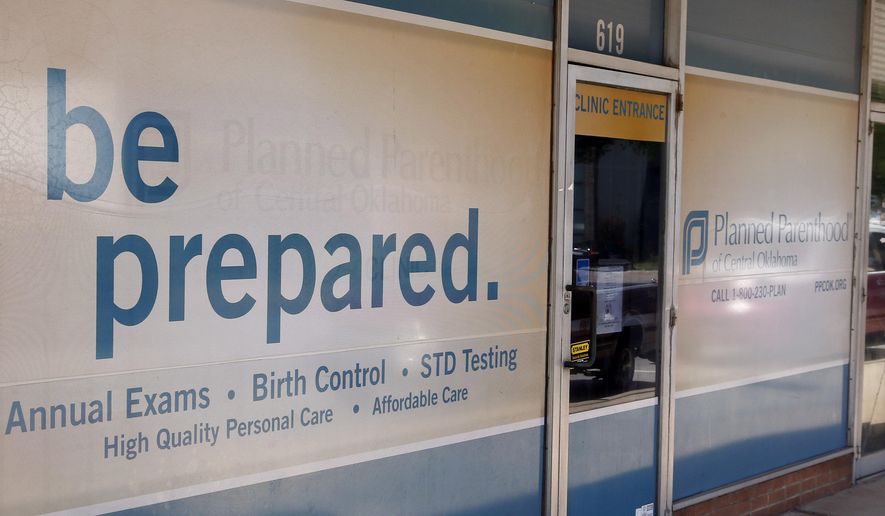A bill that would amend the California penal code to criminalize disseminating secretly recorded conversations with health care providers is set to pass after state lawmakers reached a compromise on Tuesday.
Assembly Bill 1671 is a direct response to last year’s undercover video investigation by the Center for Medical Progress that accused Planned Parenthood of selling fetal body parts for profit. The abortion provider has denied the allegation.
The legislation is backed by Planned Parenthood, but was opposed by several civil rights groups, including the American Civil Liberties Union, which worried about the possible chilling effect on investigative journalism and the media’s ability to report on secretly obtained information.
The new version of the bill would explicitly protect journalists who do not participate in the initial covert recording, but only distribute it.
The bill still must pass the state Senate and a concurrence vote in the Assembly before the end of the legislative session on Wednesday, after which it would go to the desk of Democratic Governor Jerry Brown. It’s not clear whether the governor supports the legislation.
Nikki Moore, legal counsel for the California Newspapers Publishers Association, which has opposed the legislation from the outset, said she still does not anticipate her group will endorse AB 1671.
“No, we will not support the bill, and I don’t think we would ever support criminalizing speech,” Ms. Moore said. “I do think that it’s enough that we might remove our opposition; however, we would have to see the language that they do vote on.”
It’s already against federal law to secretly record and disclose communications. In California, it is a crime to record conversations without the consent of all parties when there is an expectation of privacy.
AB 1671 would make it a new crime to distribute secretly recorded conversations with health care providers. Additional dissemination would also carry heightened penalties.
Steve Cooley, a former Los Angeles district attorney who now represents the Center for Medical Progress, said the bill is “highly suspect” on First Amendment grounds.
He said the bill “would provide criminal sanctions against those engaged in otherwise clearly protected First Amendment activities, such as investigative reporting.”
The bill’s specific content restriction on conversations with health care providers, he said, indicates that it was “designed to suppress investigative reporting such as that of David Daleiden,” who directed the CMP investigation into Planned Parenthood.
Kathy Kneer, president and CEO of Planned Parenthood Affiliates of California, said the bill is necessary in the wake of the CMP video series, pointing to internal statistics indicating threats of violence against Planned Parenthood have increased in the wake of the videos.
“We must pass AB 1671 to prevent future harassment of abortion providers and send a clear message to the rest of the nation that threats and violence will not be tolerated and will be prosecuted to the full extent of the law,” Ms. Kneer said in a statement last week.
Pointing to the governor’s reluctance to introduce new crimes that could be redundant with existing ones, though, Ms. Moore said she does not expect Mr. Brown to sign the bill into law even if it reaches his desk.
“He has made public in the past that he is very critical of new crime,” she said. “So, this is a new crime. To the extent that he finds it’s a new crime, I think he’s going to look at it critically.”
• Bradford Richardson can be reached at brichardson@washingtontimes.com.




Please read our comment policy before commenting.